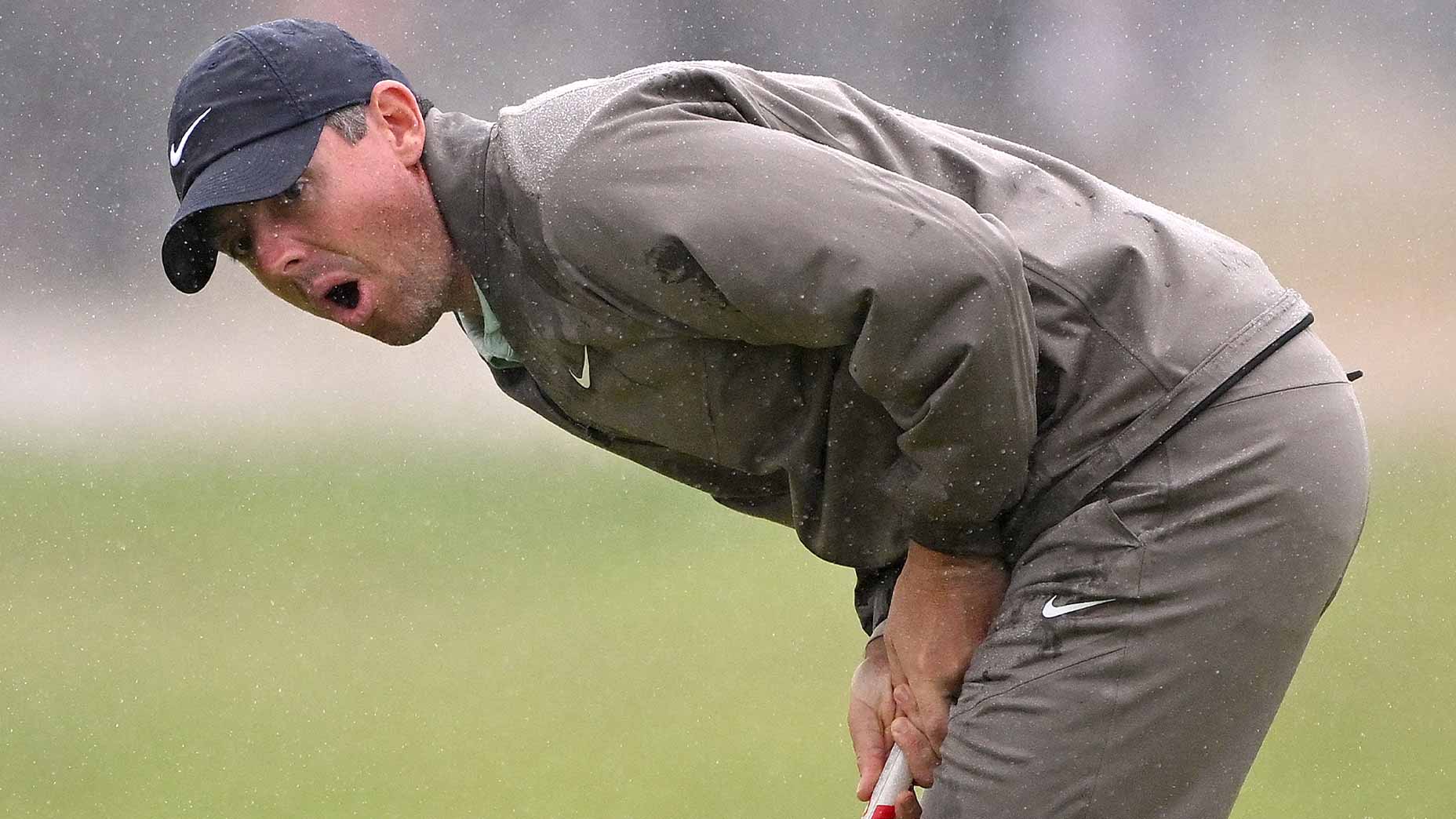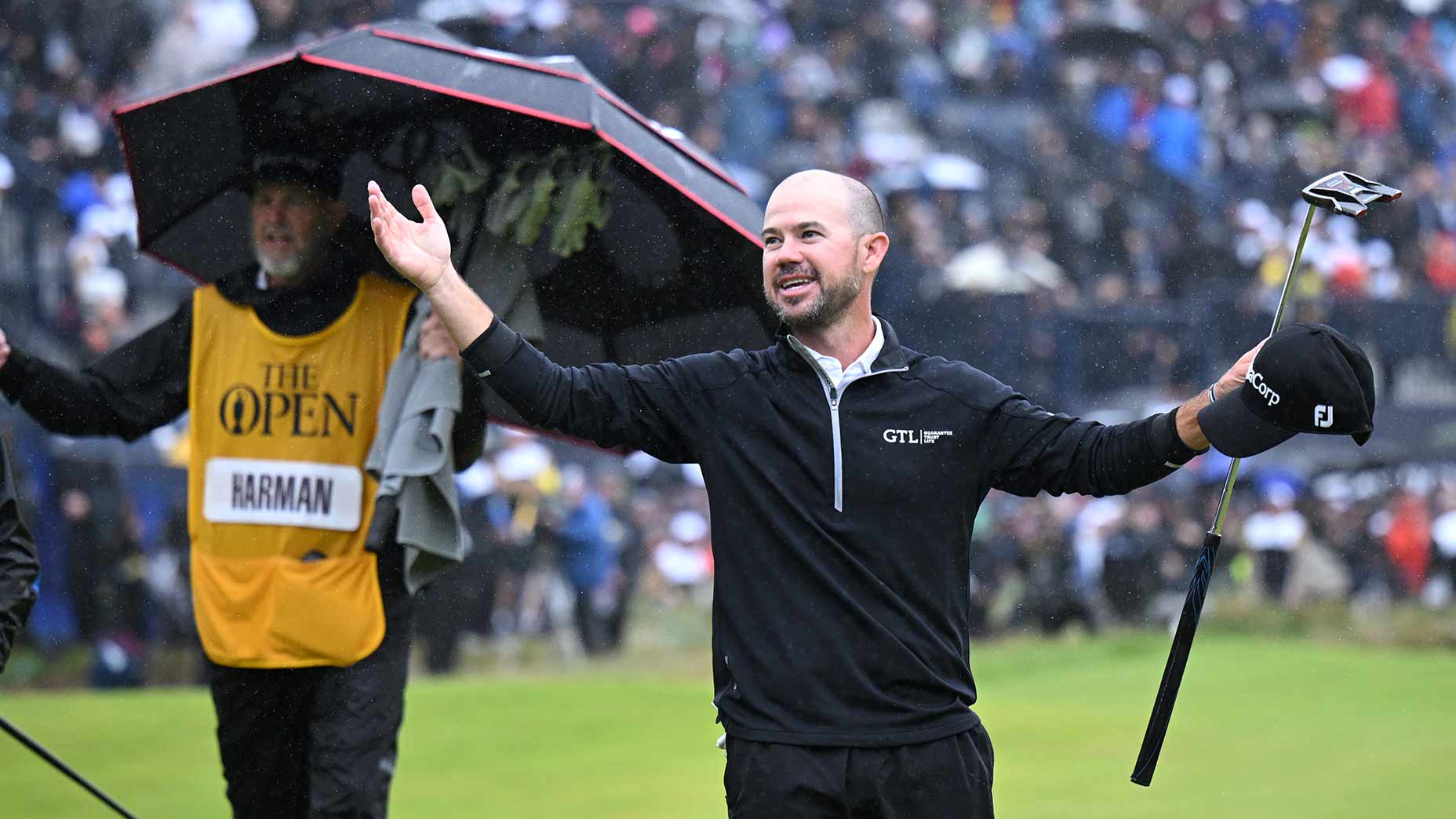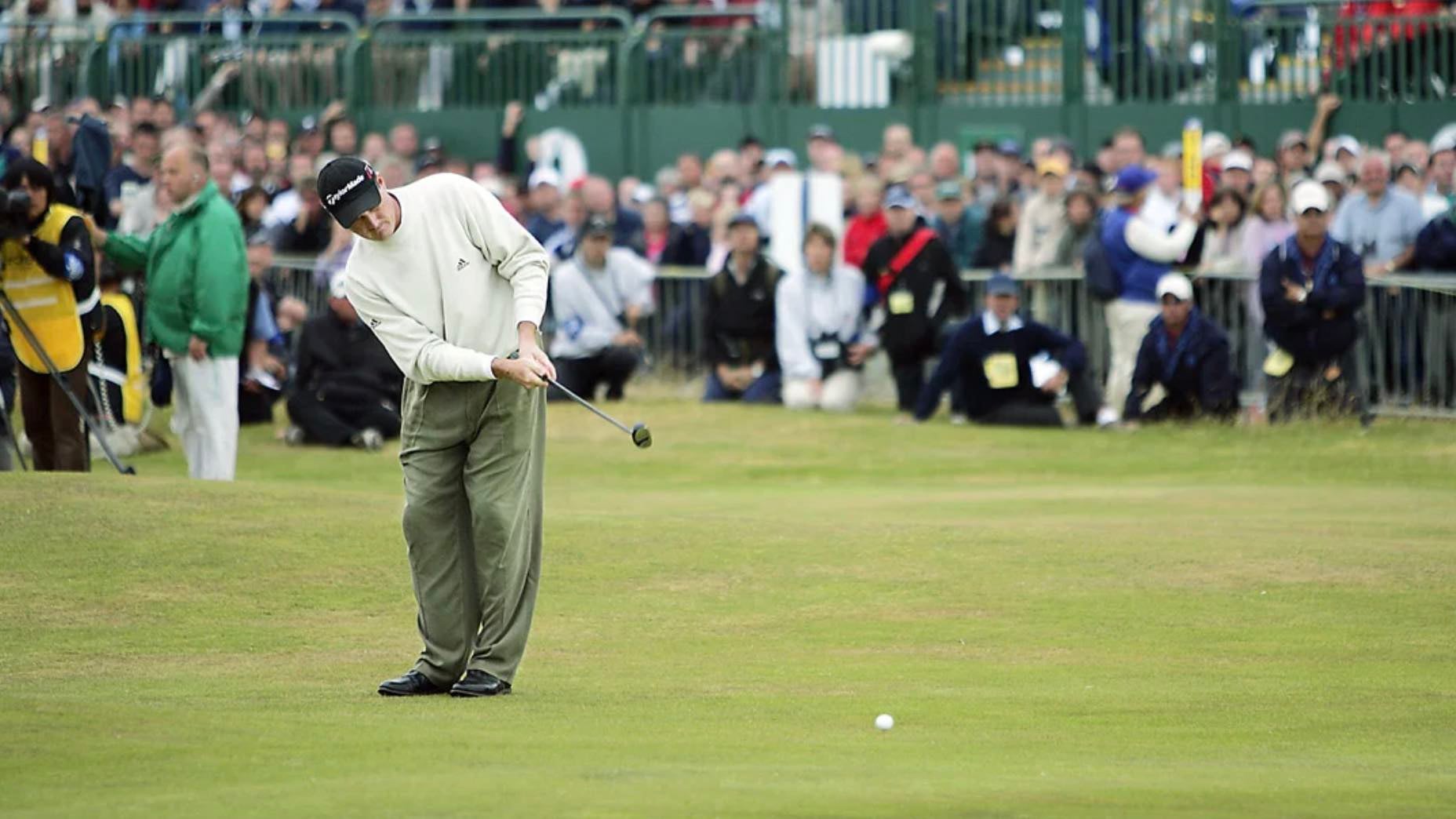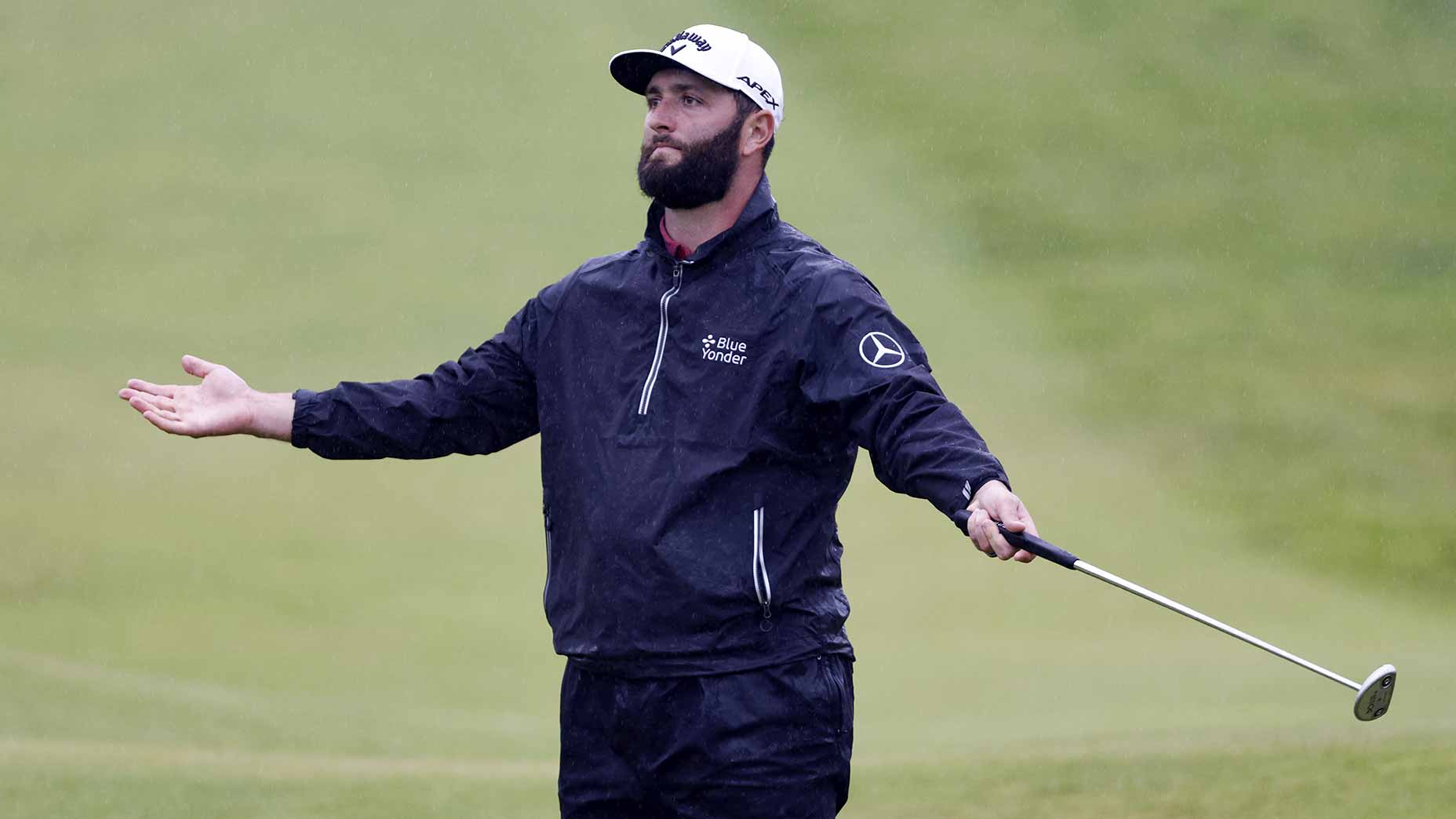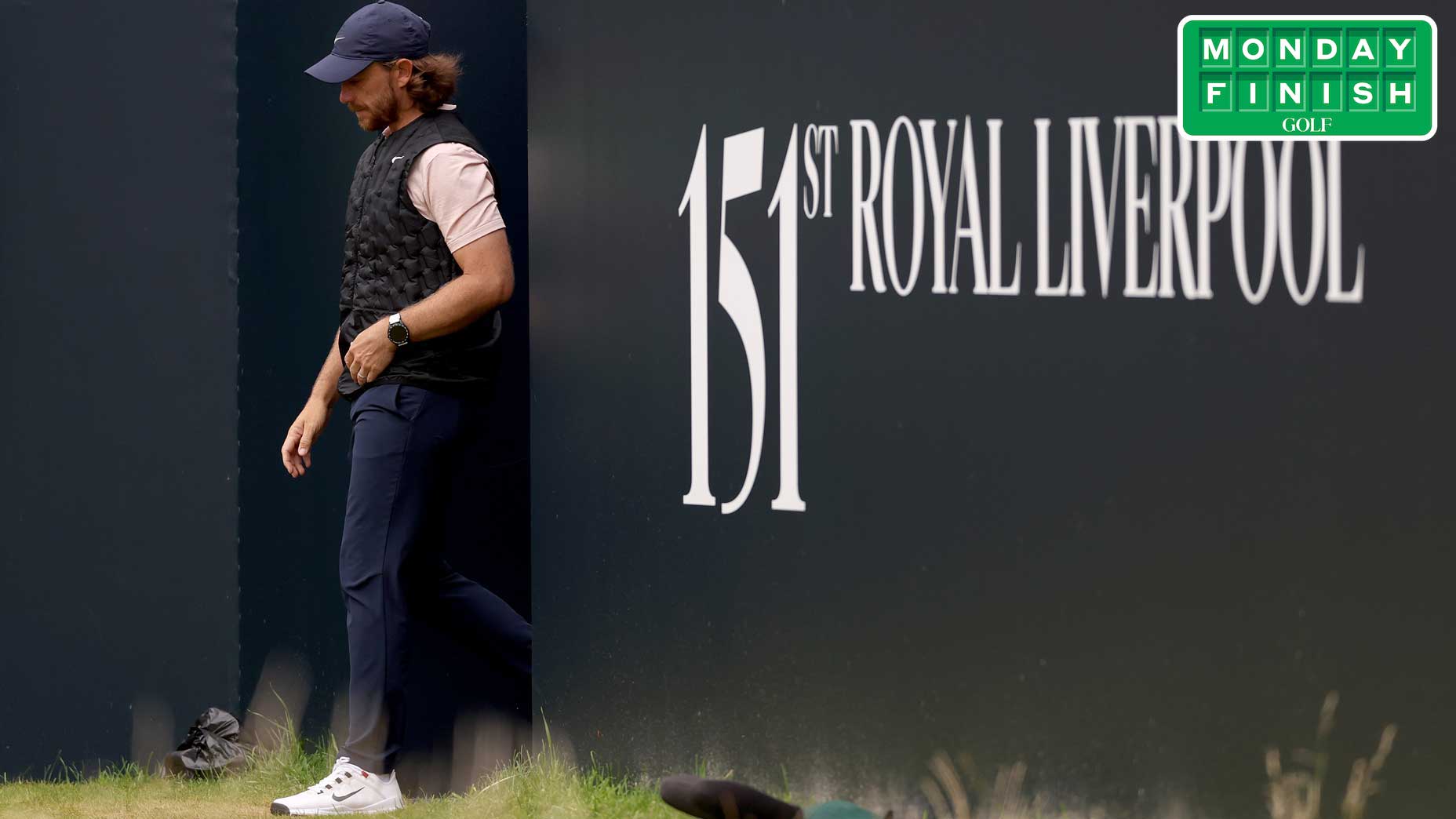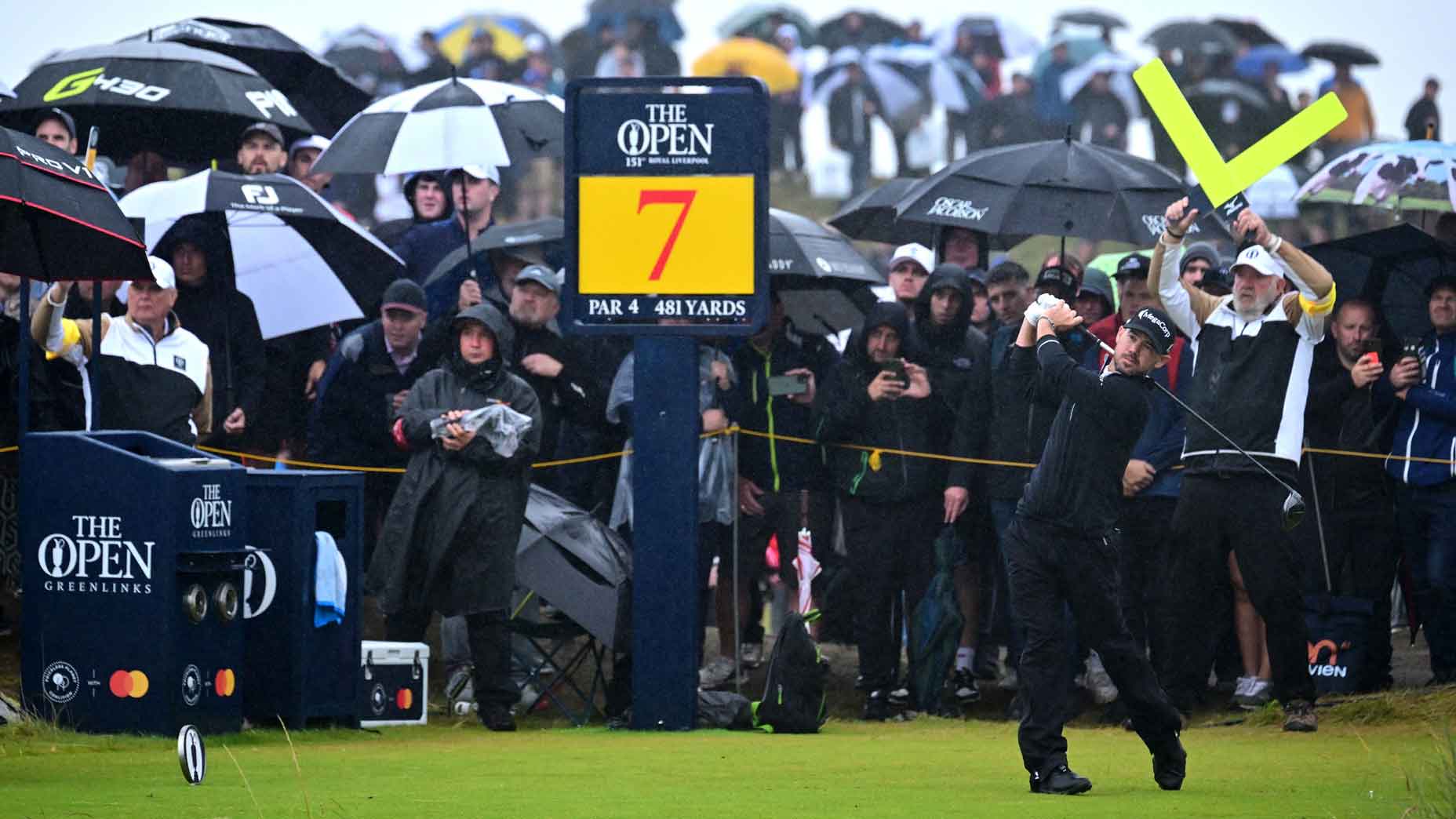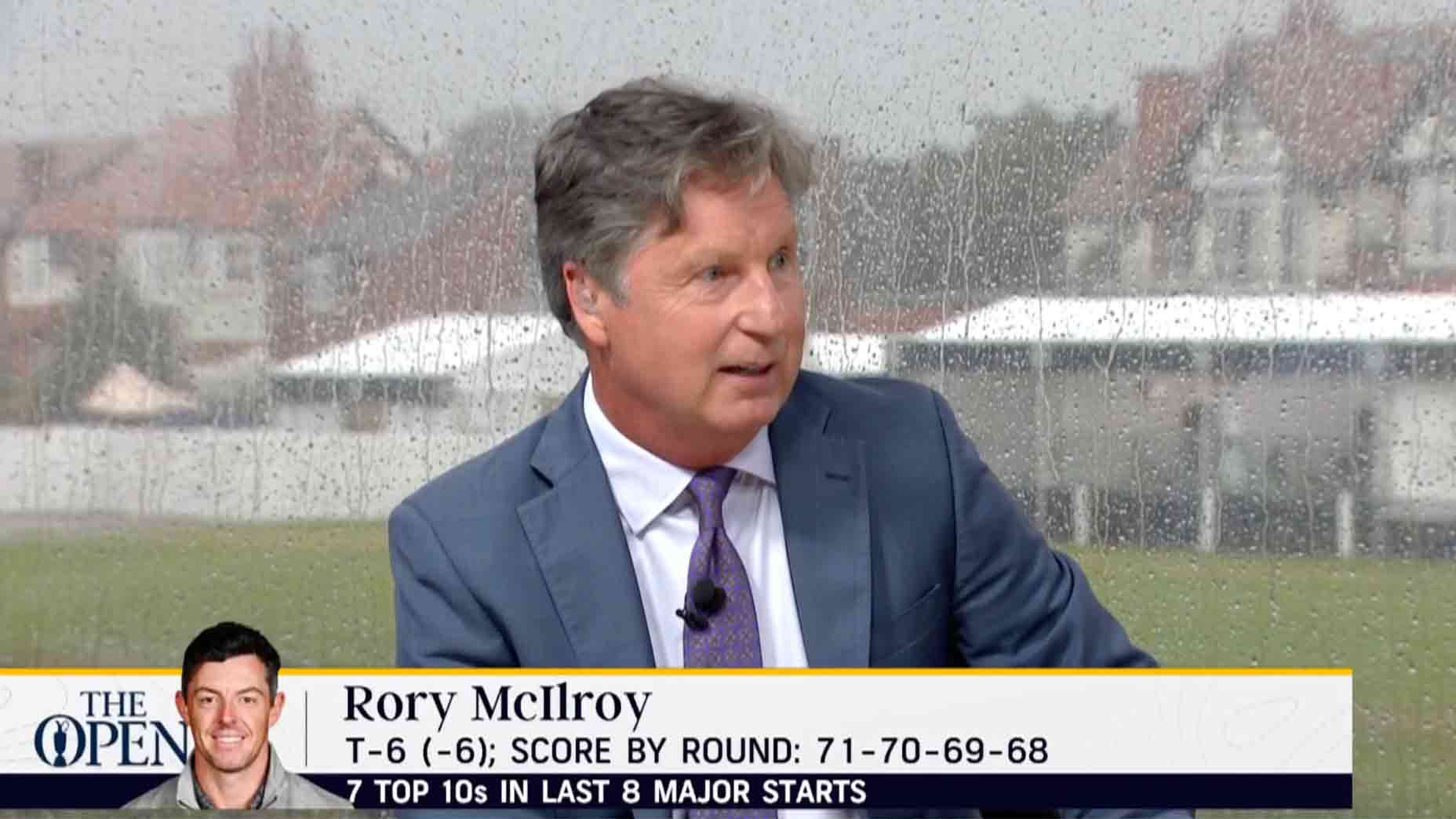HOYLAKE, England — What happened to Rory McIlroy at the Open Championship? Well, that’s a bit of a loaded question.
The short answer — the most honest one — is that he lost. Rory shot four rounds at even par or better to finish T6, seven shots behind Brian Harman, who channeled four unconscious rounds to blow away the rest of the field, McIlroy included, and win his first Claret Jug. In the loss, Rory earned his 30th career major top-10 and finished his ninth straight year without a major championship victory. Of course, the former has a lot to do with us caring about the latter. And if we’re just doing short answers, nine years might be the only stat that matters at all.
But the long answer reveals something about these previous nine years that may be of interest to Mr. McIlroy. And, in this instance, the long answer is actually a question: sometime in these last seven months, has Rory lost a little bit of himself?
Something was off. That was clear to even the most passive observer of McIlroy’s early-week schedule at Royal Liverpool. First he canceled his early-week press conference the morning after a thrilling victory at the Scottish Open, leaving himself no opportunity to speak before the final major of the year at the course where he won in 2014. As the week wore on he made it a point to keep a low profile, playing a quick morning practice round and hardly sticking around for much longer after. The message was clear: the week was to be about golf, and golf only.
In the hours leading up to the tournament, his efforts seemed to have their intended effect. Nobody knew much of anything about Rory. His voice had not dominated the early-week headlines. His name appeared less on this website and on others in the industry. As the tournament’s betting favorite, he wasn’t an afterthought — but despite being the host site’s most recent champion he wasn’t the center of attention, either.
But then play began and everything seemed to fade back to normal. Rory looked distressed on the golf course. His game fell into the usual tendencies of a player pressing too hard: too cautious in some moments; too nervy in others. He looked like a Ferrari stuck in first gear — the harder he revved, the more frustration he seemed to elicit. When he spoke after his first round of even-par 71 he wore the same attentiveness, but none of the usual candor.
“Two over through twelve, to get it back to even par, I’m pretty happy,” he said on three different occasions during one five-question stint, a wall firmly placed between himself and the (sizeable) gathering of media.
The differences in his demeanor were particularly noticeable when juxtaposed with his competitors. While Rory seemed to struggle with fully engaging his enormous talent, Jon Rahm, fiery but unquestionably authentic in his first two rounds, played his way back into the tournament with one of the rounds of his life in a Saturday 63. While Rory spoke tersely and carefully, Harman, the tournament leader, spoke freely. He sounded thoroughly comfortable in his own skin and honest about the pressures of the moment. McIlroy didn’t speak after his Saturday 69, a round that advanced him slightly on the leaderboard but also left him too far back to reasonably contend.
The irony, of course, is that Rory has spent the better part of the last two decades being exactly this: thoughtful, honest, earnest, accessible, passionate. He has been the sport’s ideal ombudsman. He’s also played no shortage of rounds that showcase the full breadth of his ability, which remains in its own class in the sport.
Brian Harman dominated the Open Championship with greatness and gritBy: Josh Berhow
The strange part was not that he decided to change the way he presents himself — that much was understandable in the wake of so much turmoil in the sport and so much personal attention placed upon him. The strange part was: why now?
Perhaps he is merely trying to shut out the media and to rid himself of any distractions from tournament week. That’s a fair justification. But it doesn’t explain why he looks so tense even when he isn’t standing in front of a press gaggle, and it doesn’t seem like he’s playing with increased freedom nor joy in the last three majors, even while his media obligations have dwindled.
Rory’s awoke Sunday a safe distance off the lead and his play awoke soon thereafter. He launched a furious comeback, the same kind we’ve dozens of times over these last nine years, making birdie on three of the first five holes. He ultimately fell one shot short — of second place. Brian Harman had run away with a six-shot victory and Rory had gone another year without a major win.
As he arrived back in the scorer’s area, he looked like he couldn’t decide whether to scream or sob. But by the time he approached the public again, he offered his strangest response of the week: apathy.
“I don’t think that way,” he said when asked about his major-less streak, which will extend into its tenth year in 2024. “I think about trying to go and win a fourth FedExCup here in a couple weeks’ time, go try and win a fifth Race to Dubai, go and win a fifth Ryder Cup. I just keep looking forward.”
He smiled as he said that last part. There might have been a part of him that meant it, but even the most passive observer could see that most of him did not.
It’s a shame we didn’t see that larger part of Rory, neither in the press gallery nor on the course.
The sport is at its best when he is at his most authentic. It seems Rory is, too.
